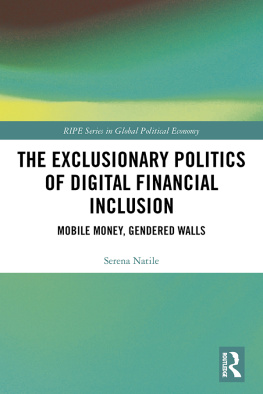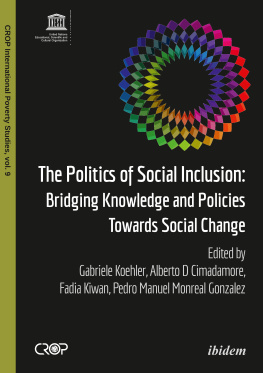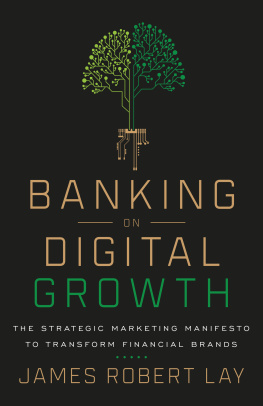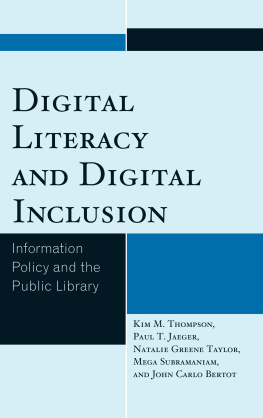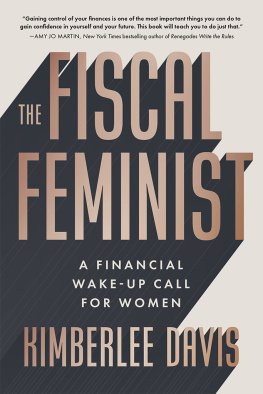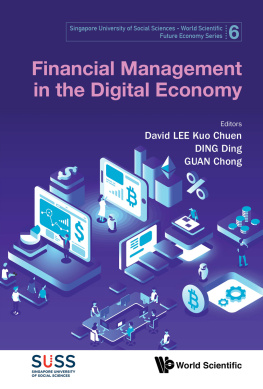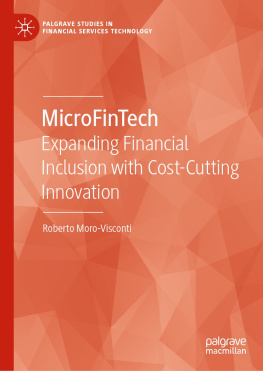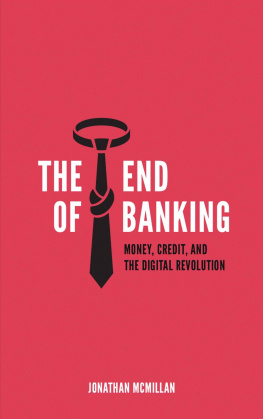The financial, digital, mobile revolution promises a borderless and frictionless world. A swift planet; an intelligent social order, free from poverty and inequality; a prosperous global family in which those marked out by gender, race or class are no longer excluded. In The Exclusionary Politics of Digital Financial Inclusion: Mobile Money, Gendered Walls, Serena Natile takes these new developmental promises and turns them upside down. Her unflinching exploration of the dark side of our fixation on quick, individualised and privatised solutions is socio-legal critique at its best. The result is a deeply grounded, theoretically savvy and globally relevant analysis, offered up at a moment when the most urgent demands for effective redistribution are being answered with clicks and taps on keyboards and touchscreens.
Luis Eslava, Reader in International Law and Co-Director of the Centre for Critical International Law (CeCIL) at Kent Law School, University of Kent
This book represents a breakthrough. Many analyses of Kenyas mobile money facility are celebratory and uncritical. This book draws on an impressive range of historical and contemporary literature to consider the implications of digital financial inclusion initiatives for gender equality. It argues that in its conception and regulation, M-Pesa purports to extend opportunities while having little redistributive effect. In this important book, Serena Natile confronts the limits of mobile money and the entrepreneurial economic model underpinning it.
Ambreena Manji, Professor of Land Law and Development at Cardiff Law School, Co-Director of the Law and Global Justice Centre, President of the African Studies Association UK and former Director of the British Institute in Eastern Africa (20102014)
Natiles original and important social legal study draws upon feminist political economy and African feminism to explore the gendered dynamics of digital financial inclusion. The Exclusionary Politics of Digital Financial Inclusion deftly reveals how phone-enabled money transfer systems such as M-Pesa cannot, unless they are accompanied by measures that redistribute land and care responsibilities, tackle the structural problems that perpetuate Kenyan womens inequality.
Judy Fudge, LIUNA Enrico Henry Mancinelli Professor of Global Labour Issues at McMaster University, Canada
A carefully argued in-depth study of the limits of what was achieved by Vodafones M-Pesa mobile phone banking initiative in Kenya. Focusing on how and how far it led to more women being included in the economy, The Exclusionary Politics of Digital Financial Inclusion shows how this form of private-public partnership privileges neoliberal values and reinforces existing inequalities and social practices. A must read for those working in fields as varied as law and development, gender studies, financial regulation, sociology of law and transnational law.
David Nelken, Professor of Comparative and Transnational Law atthe Dickson Poon School of Law, Kings College London
This volume examines one of the most iconic cases of digital financial inclusion in development Kenyas M-Pesa programme. Natiles book brings together feminist political economy with socio-legal studies to provide a comprehensive view of the institutional landscape in Kenya and place this case study in global context. Her exploration is grounded in empirical research that centres the views of women who use M-Pesa as part of their livelihood strategies while juggling the multiple pressures of income generation, care and reproductive and community labour. The acute analysis unravels the nexus of financial inclusion and gender equality, and how the logic of opportunity can disguise gendered burdens of labour which allow banks to profit from womens solidarity and survival practices on an often overstated promise of autonomy and success.
Kate Maclean, Professor of Social Geography at the Centre for International Development, University of Northumbria
The Exclusionary Politics of Digital Financial Inclusion
Focusing on Kenyas path-breaking mobile money project M-Pesa, this book examines and critiques the narratives and institutions of digital financial inclusion as a development strategy for gender equality, arguing for a politics of redistribution to guide future digital financial inclusion projects.
One of the most-discussed digital financial inclusion projects, M-Pesa facilitates the transfer of money and access to formal financial services via the mobile phone infrastructure and has grown at a phenomenal rate since its launch in 2007 to reach about 80 per cent of the Kenyan population. Through a socio-legal enquiry drawing on feminist political economy, law and development scholarship and postcolonial feminist debate, this book unravels the narratives and institutional arrangements that frame M-Pesas success while interrogating the relationship between digital financial inclusion and gender equality in development discourse. Natile argues that M-Pesa is premised on and regulated according to a logic of opportunity rather than a politics of redistribution, favouring the expansion of the mobile money market in preference to contributing to substantive gender equality via a redistribution of the revenue and funding deriving from its development.
This book will be of particular interest to scholars and students in Global Political Economy, Socio-Legal Studies, Gender Studies, Law & Development, Finance and International Relations.
Serena Natile is a Lecturer in Socio-Legal Studies at Brunel Law School, Brunel University London, UK.
RIPE Series in Global Political Economy
Series Editors: James Brassett, University of Warwick, UK, Susanne Soederberg, Queens University, Canada and Eleni Tsingou, Copenhagen Business School, Denmark.
The RIPE Series published by Routledge is an essential forum for cutting-edge scholarship in International Political Economy. The series brings together new and established scholars working in critical, cultural and constructivist political economy. Books in the RIPE Series typically combine an innovative contribution to theoretical debates with rigorous empirical analysis.
The RIPE Series seeks to cultivate:
Field-defining theoretical advances in International Political Economy
Novel treatments of key issue areas, both historical and contemporary, such as global finance, trade, and production
Analyses that explore the political economic dimensions of relatively neglected topics, such as the environment, gender relations and migration
Accessible work that will inspire advanced undergraduates and graduate students in International Political Economy.
The RIPE Series in Global Political Economy aims to address the needs of students and teachers.
Japanese Resistance to American Financial Hegemony
Global versus Domestic Norms
Fumihito Gotoh
Money-Power and Financial Capital in Emerging Markets
Facing the Liquidity Tsunami
Ilias Alami
The Exclusionary Politics of Digital Financial Inclusion
Mobile Money, Gendered Walls
Serena Natile
For more information about this series, please visit: www.routledge.com/RIPE-Series-in-Global-Political-Economy/book-series/RIPE
The Exclusionary Politics of Digital Financial Inclusion
Mobile Money, Gendered Walls
Serena Natile

